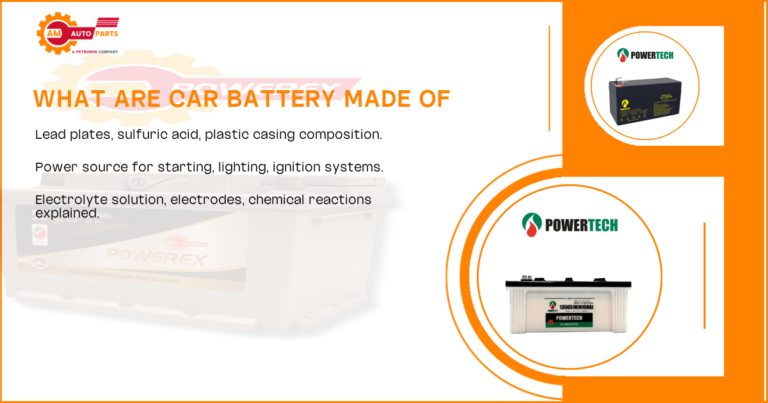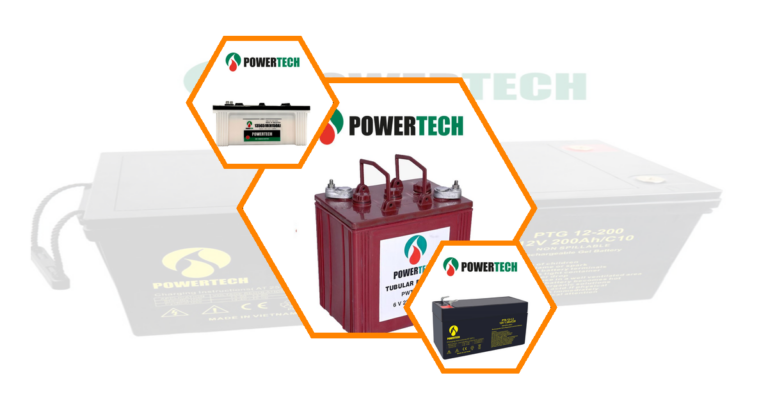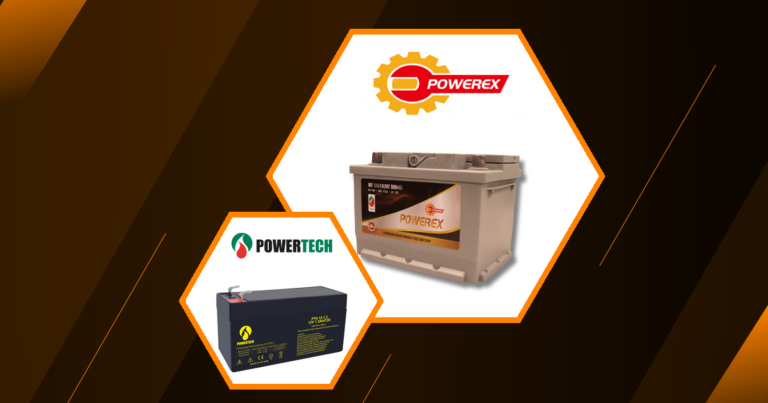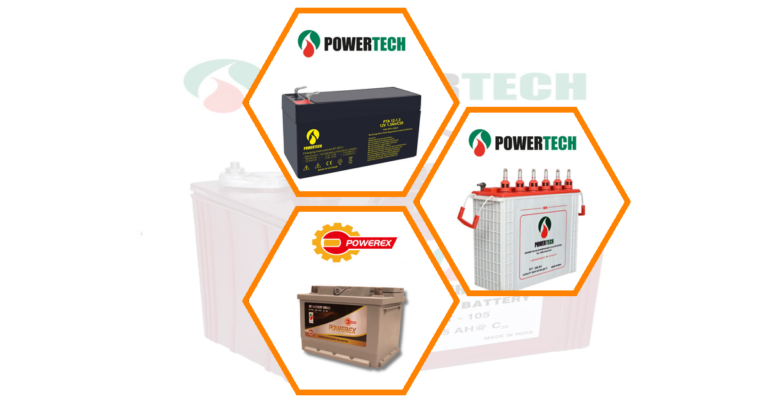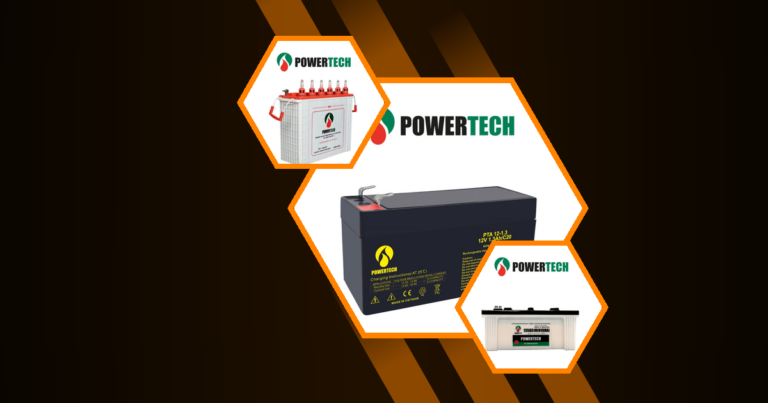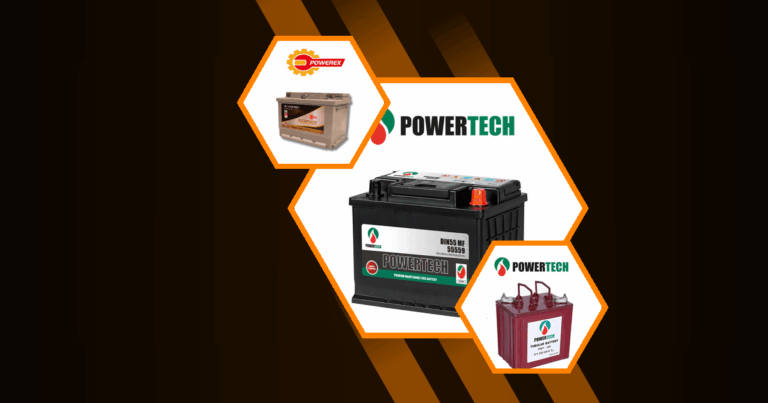Understanding Car Batteries and Key Fob Batteries: Types and Differences
What kind of battery is a car key battery?
Lead-acid batteries for vehicles
Car batteries are typically lead-acid batteries, designed to provide the high current required to start a vehicle’s engine. These batteries are rechargeable and consist of lead plates submerged in an electrolyte solution of sulfuric acid and water. The chemical reaction between the lead plates and the electrolyte produces electricity to power the vehicle’s electrical systems.
Lead-acid batteries have been the standard for automotive use for decades due to their reliability, affordability, and ability to deliver high cranking power. They come in various sizes and configurations to suit different vehicle types and power requirements.
Lithium coin cell batteries for key fobs
Key fob batteries, on the other hand, are small lithium coin cell batteries. These compact, lightweight batteries are designed to power low-drain devices like key fobs, watches, and small electronic devices. They provide a steady, long-lasting power supply in a small package.
Lithium coin cell batteries are non-rechargeable and have a higher energy density compared to other battery types of similar size. This makes them ideal for use in key fobs, where space is limited, and long battery life is desired.
- Key differences between car batteries and key fob batteries:
- Size and weight
- Power output
- Rechargeability
- Lifespan
- Installation complexity
Types of Car Batteries
Traditional lead-acid batteries
Traditional lead-acid batteries, also known as flooded lead-acid batteries, are the most common type of car battery. They consist of lead plates immersed in a liquid electrolyte solution. These batteries are cost-effective and reliable, making them a popular choice for many vehicles.
AM Autoparts offers a wide range of traditional lead-acid batteries suitable for various vehicle makes and models. These batteries provide excellent starting power and are designed to withstand the demands of everyday driving.
Lithium-ion batteries for electric vehicles
Lithium-ion batteries are primarily used in electric and hybrid vehicles. These batteries offer high energy density, longer lifespan, and faster charging capabilities compared to lead-acid batteries. They are lightweight and can store more energy in a smaller package, making them ideal for electric vehicles.
While lithium-ion batteries are not typically used as starting batteries in conventional gasoline-powered vehicles, they are essential for powering electric and hybrid cars.
- Comparison of car battery types: | Battery Type | Pros | Cons | |————–|——|——| | Traditional Lead-Acid | Affordable, widely available | Shorter lifespan, sensitive to vibration | | AGM | Spill-proof, higher performance | More expensive, sensitive to overcharging | | Lithium-ion | High energy density, long lifespan | Very expensive, requires specialized charging |
Maintenance and Lifespan
Proper care for car batteries
Proper maintenance can significantly extend the lifespan of a car battery. Regular checks and simple care routines can help ensure optimal performance and longevity. AM Autoparts recommends the following maintenance tips:
- Keep the battery clean and free from corrosion
- Ensure proper electrolyte levels in traditional lead-acid batteries
- Avoid deep discharges by not leaving lights or accessories on when the engine is off
- Drive the vehicle regularly to maintain charge
Regular maintenance not only extends battery life but also helps prevent unexpected failures and costly replacements.
Extending the life of key fob batteries
While key fob batteries have a limited lifespan, there are ways to maximize their longevity:
- Avoid exposing the key fob to extreme temperatures
- Keep the key fob dry and protected from moisture
- Use the mechanical key for locking/unlocking when possible to reduce battery drain
- Store spare key fobs in a cool, dry place
By following these tips, you can extend the life of your key fob battery and reduce the frequency of replacements.
- Factors affecting battery lifespan:
- Temperature extremes
- Usage patterns
- Quality of the battery
- Vehicle’s electrical system health
- Proper maintenance and care
Battery Testing and Diagnostics 
Car battery health checks
Regular battery health checks are essential for maintaining your vehicle’s reliability. These checks can help identify potential issues before they lead to battery failure. AM Autoparts recommends having your car battery tested:
- At least once a year
- Before long trips
- When experiencing starting issues
- After extreme weather conditions
Professional battery testing involves measuring voltage, cold cranking amps, and overall battery condition. This comprehensive assessment helps determine whether your battery needs replacement or if other electrical system issues are present.
Recycling and Disposal
Proper disposal of car batteries
Proper disposal of car batteries is crucial for environmental protection and safety. Car batteries contain hazardous materials that can harm the environment if not disposed of correctly. AM Autoparts emphasizes the importance of recycling car batteries and offers guidance on proper disposal methods.
Most auto parts stores, including AM Autoparts, accept old car batteries for recycling. When purchasing a new battery, you can often return the old one for a core charge refund. This system encourages responsible disposal and helps ensure that valuable materials are reclaimed and reused in new battery production.
Recycling coin cell batteries
While smaller than car batteries, key fob batteries also require proper disposal. Many communities have specific guidelines for recycling small batteries, including lithium coin cells. AM Autoparts recommends checking with local recycling centers or electronics stores for coin cell battery recycling options.
Some retailers and battery manufacturers offer collection points for small battery recycling. By properly disposing of these batteries, you help prevent potentially harmful materials from entering landfills and contribute to resource conservation.
- Benefits of battery recycling:
- Reduces environmental pollution
- Conserves natural resources
- Prevents hazardous materials from entering landfills
- Supports the circular economy
- Complies with local and federal regulations
Choosing the Right Battery for Your Vehicle 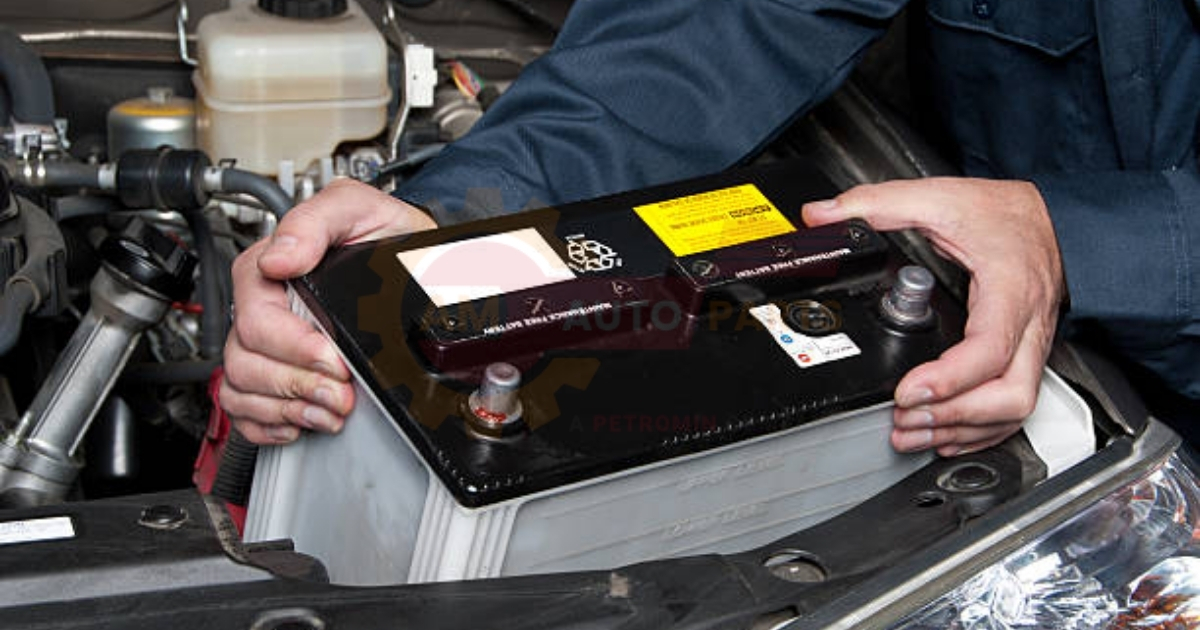
Factors to consider when selecting a car battery
Selecting the right car battery is crucial for optimal vehicle performance. AM Autoparts recommends considering the following factors when choosing a new car battery:
- Battery size and fit: Ensure the battery matches your vehicle’s specifications
- Cold Cranking Amps (CCA): Choose a battery with appropriate CCA for your climate
- Reserve Capacity (RC): Consider higher RC for vehicles with many electrical accessories
- Maintenance requirements: Decide between maintenance-free and traditional batteries
- Warranty: Look for batteries with good warranty coverage
Consulting your vehicle’s manual or speaking with an AM Autoparts specialist can help you make an informed decision based on your specific vehicle and driving needs.
Finding compatible key fob batteries
When replacing your key fob battery, compatibility is key. To find the right battery:
- Check your vehicle’s manual for the recommended battery type
- Examine the old battery for its model number (e.g., CR2032)
- Ensure the voltage matches (typically 3V for key fob batteries)
- Consider reputable brands for reliability and longevity
AM Autoparts offers a range of compatible key fob batteries for various vehicle makes and models, ensuring you can find the right replacement quickly and easily.
FAQ’s:
What is the difference between a car battery and a key fob battery?
Car batteries and key fob batteries serve different purposes and have distinct characteristics. Car batteries are large, rechargeable lead-acid batteries designed to provide high current for starting the engine and powering vehicle systems. They typically last 3-5 years and require professional installation. Key fob batteries, on the other hand, are small, non-rechargeable lithium coin cell batteries that power the remote entry system. These batteries usually last 1-2 years and can be easily replaced by the vehicle owner.
How often should I replace my car battery and key fob battery?
The replacement frequency for car batteries and key fob batteries varies. Car batteries typically need replacement every 3-5 years, depending on factors such as climate, driving habits, and vehicle condition. Regular testing can help determine when a car battery needs replacement. Key fob batteries generally last 1-2 years, but this can vary based on usage patterns and environmental conditions. It’s advisable to replace key fob batteries when you notice reduced performance, such as decreased range or inconsistent operation.
Can I use any type of battery for my car key fob?
No, you cannot use any type of battery for your car key fob. Key fobs are designed to work with specific types and sizes of lithium coin cell batteries, most commonly CR2032, CR2025, or CR2016. Using the wrong battery type or size can result in poor performance, damage to the key fob, or complete failure of the remote entry system. Always refer to your vehicle’s manual or consult with a professional to ensure you’re using the correct battery for your specific key fob model. Electrical system malfunctions When things that use electricity stop working right or don’t work at all it’s called electrical system malfunctions These problems can happen in homes cars or big buildings and might make lights flicker or machines not turn on Electrical component shielding protects electronic parts from outside interference It helps keep devices working properly by blocking unwanted signals
Battery replacement threshold is the point when a device’s battery becomes too weak and needs to be changed It helps users know when it’s time to get a new battery for their gadget Battery voltage range The
Push start automobile Cars that start with a button instead of a key making it easier and quicker to begin driving your
Are there alternatives to traditional lead-acid car batteries?
Yes, there are alternatives to traditional lead-acid car batteries. Absorbed Glass Mat (AGM) batteries offer improved performance and durability, making them suitable for vehicles with high electrical demands or start-stop technology. Lithium-ion batteries are primarily used in electric and hybrid vehicles due to their high energy density and long lifespan. However, these alternatives are typically more expensive than traditional lead-acid batteries. The choice of battery type depends on your vehicle’s specifications, driving needs, and budget considerations.
Can I replace my car key fob battery myself?
Yes, you can typically replace your car key fob battery yourself. The process is usually straightforward and requires minimal tools. Start by identifying the correct replacement battery type. Then, carefully open the key fob case using a small screwdriver or coin. Remove the old battery, noting its orientation, and insert the new battery in the same position. Finally, close the key fob case and test the remote to ensure proper function. If you’re unsure about the process, consult your vehicle’s manual or seek guidance from a professional to avoid damaging the key fob.

